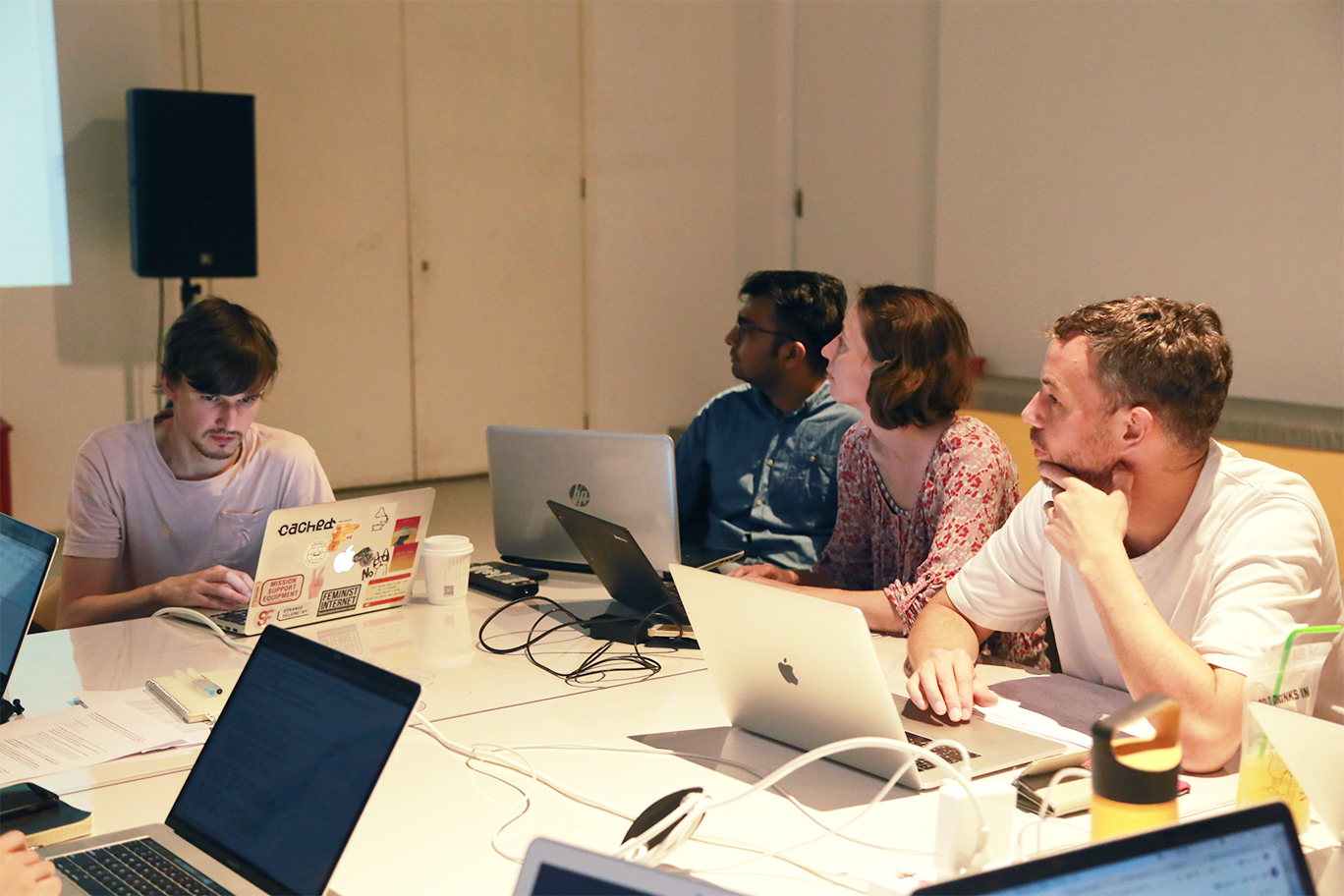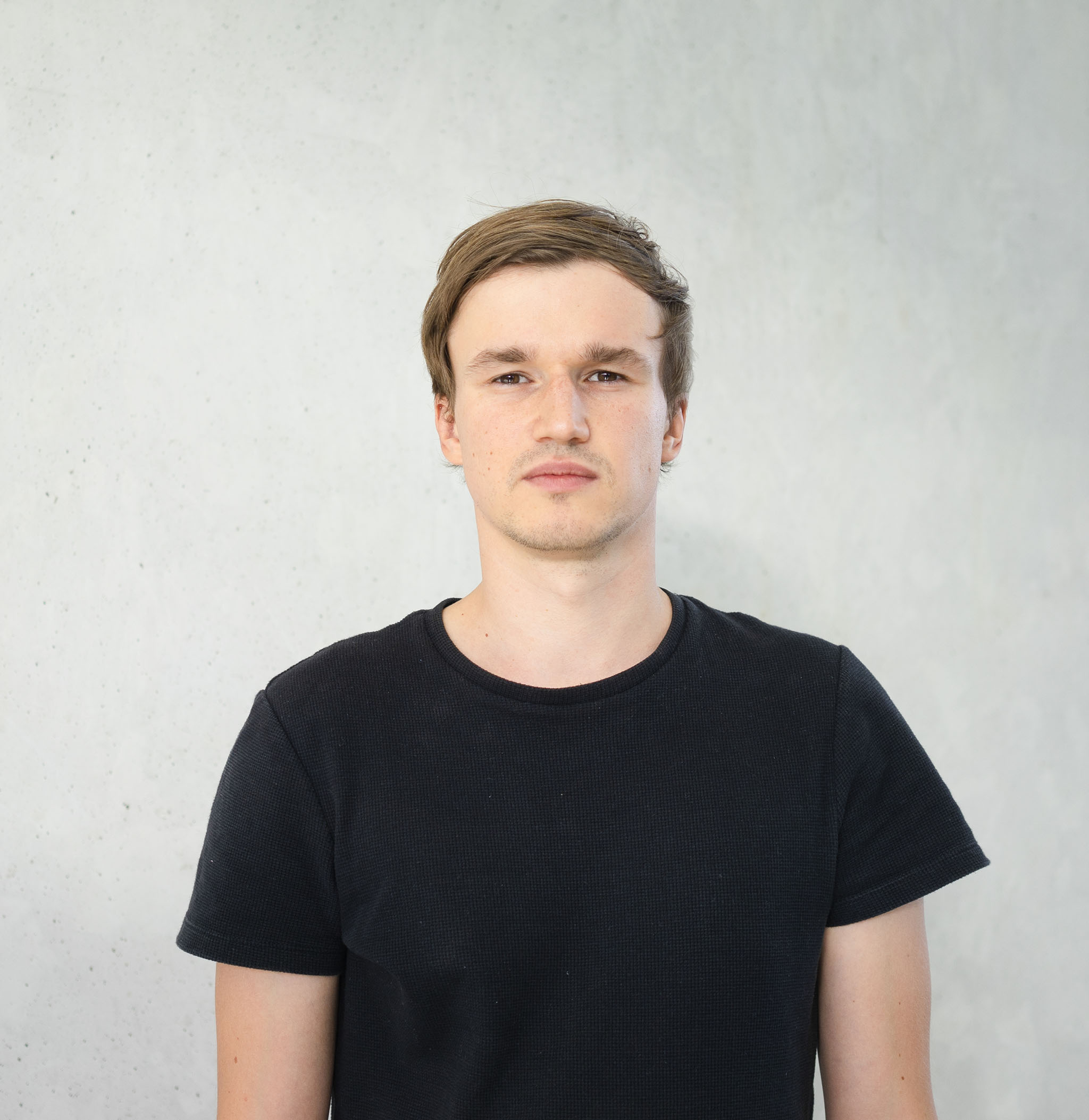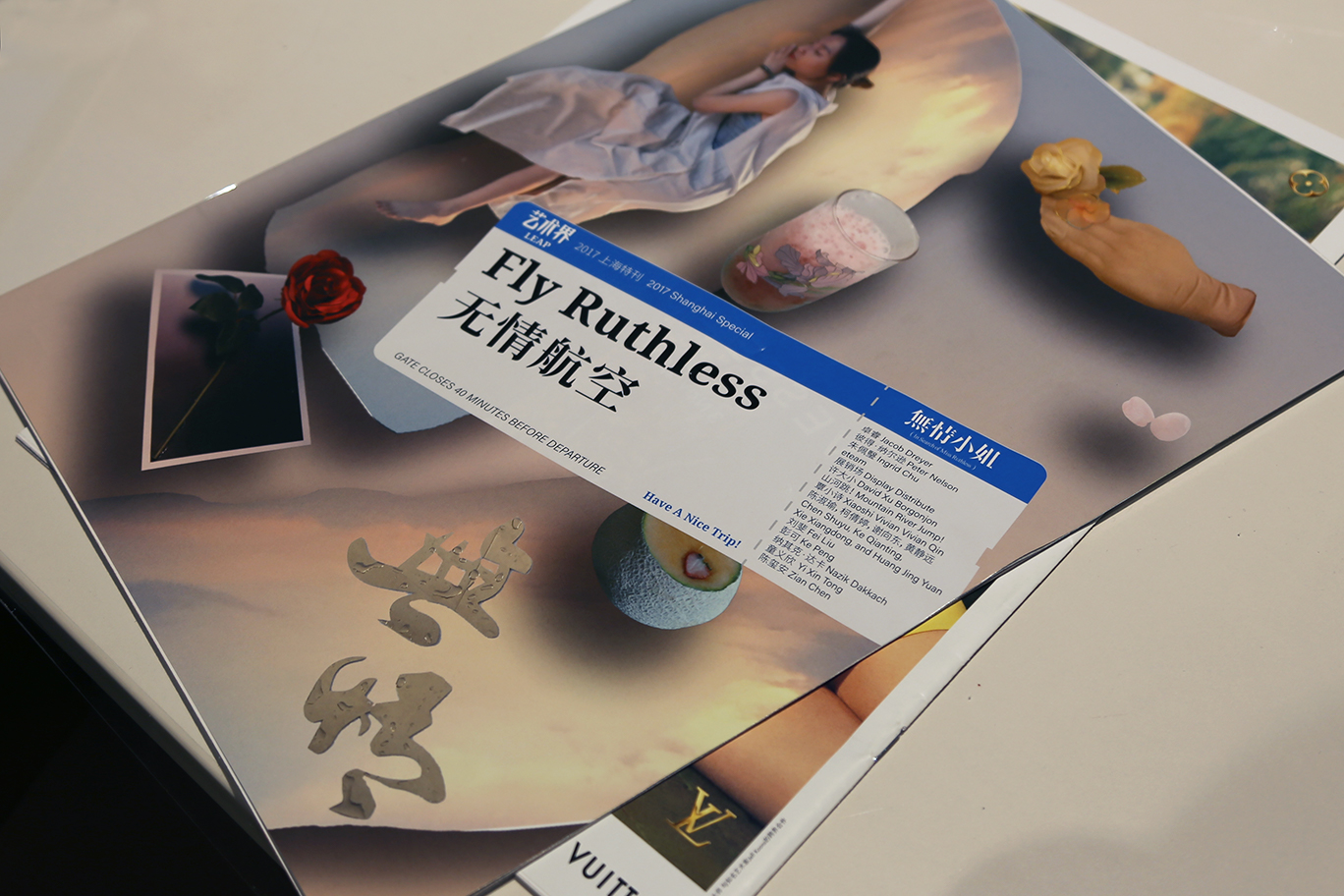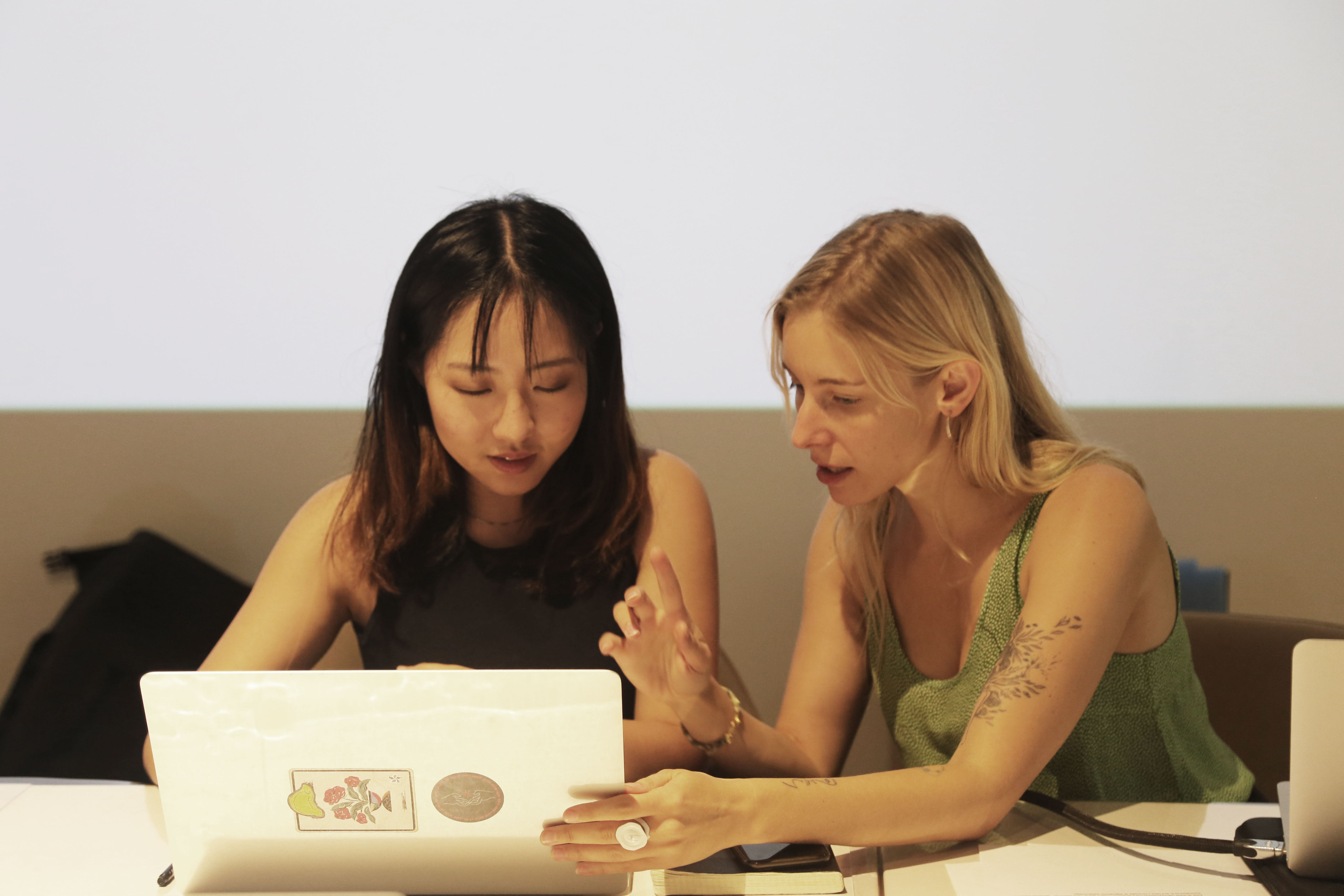2 0 1 9
The data we produce online is often distributed between various parties interested in knowing more about us. New insights are generated as machine learning algorithms help speculate about our personalities, physical or psychological states, aspirations, among others. This information helps entities such as advertisers or corporations target individuals or groups with tailored products and services.
CAC Atelier ‘Shoppers Exposed’ looked into artificial intelligence as means to profile us based on individual consumer patterns. By exploring online purchase histories, identifying consumer types, we discussed the human biases underlying algorithmic classification We played around and collectively re-appropriated customer taxonomies in an attempt to transgress normative labels. Based on the wordplay and semantics present in the product’s title, a new machine learning algorithm was fine-tuned. The scope of the activity was be to creatively grasp on how machine learning and predictive analytics work, rather than technocratically reverse-engineering their frameworks.

Drawing upon the semantic poetry of the product titles generated by our algorithm, we tried to imagine the next ‘perfect product’ in a world of overabundant commodities. What might our previously labeled ‘sociopath gamer’, ‘impulsive entrepreneur’, or ‘confused artist’ buy next? We used collage and rapid prototyping to embody new—even potentially absurd, useless or extravagant—hybrids of devices or services.

We discussed how easy, hard, objective, biased, or ethically-challenging it may be to deploy algorithmic assessment on our digital profiles. We reflected on the data produced, the impact as well as the limits of statistical stereotypes attributed to our consumption. As part of the process we learned some practical skills in machine learning, data labelling, and creative prototyping.
About the artist


Vytas Jankauskas is an artist, designer and researcher interested in how emerging technologies inhabit and shape our domestic mundane. His practice encompasses the Internet of Things, data ownership, digital citizenship, social media and their influence on our everyday.
Vytas has recently joined CAC as the new Head of Research/Creation at CAC-LAB. He is the co-founder of a project-based critical design practice VJF with Jon Flint. He is part of the Cached Collective that seeks to raise awareness around data and privacy via tangible and immersive experiences. Vytautas is a permanent resident at the Pervasive Media Studio, Bristol, UK, since 2018. Vytas holds a BA in Media Art from the Brera Academy of Fine Arts and MA in Media Design from HEAD — Genève.
Claire Glanois is an abstract mathematician whose work is situated at the crossroad of number theory, algebraic geometry and quantum field theory. Aside, she regularly engages in civic and non-profit projects, notably to open-up spaces for algorithmic diversity and transparency.





